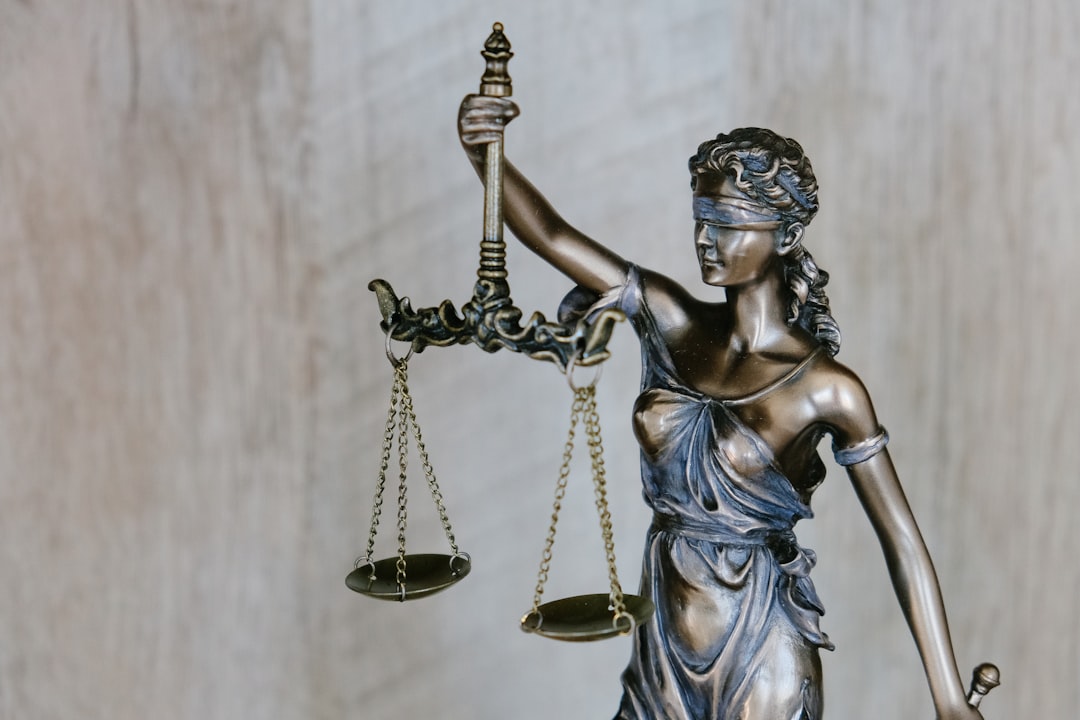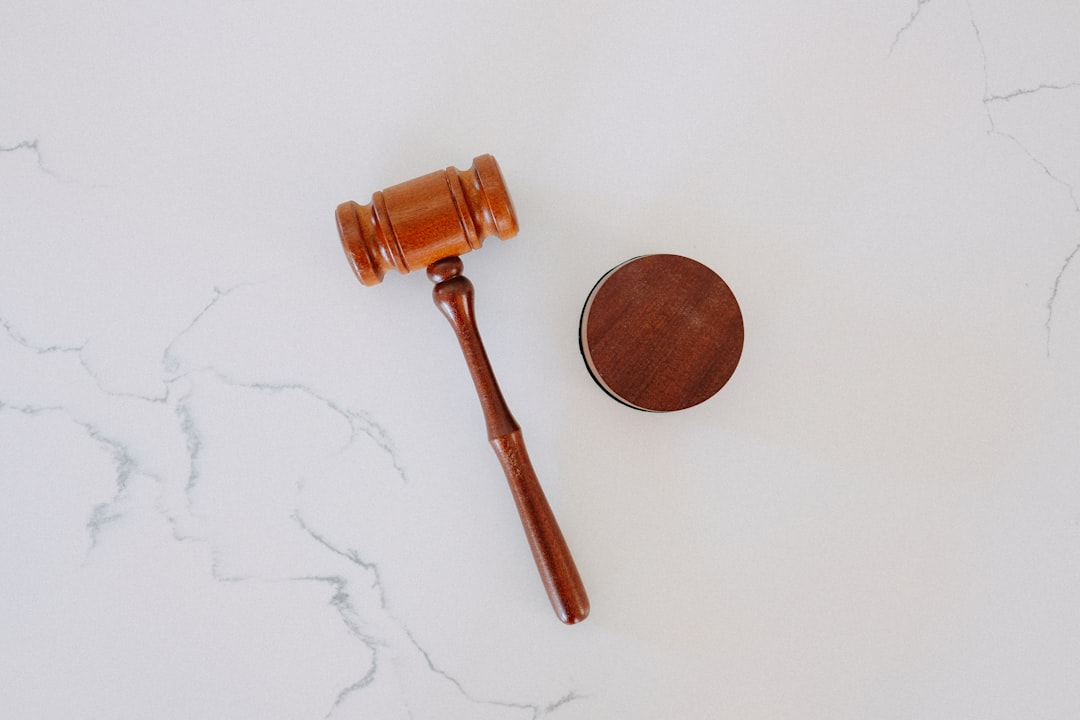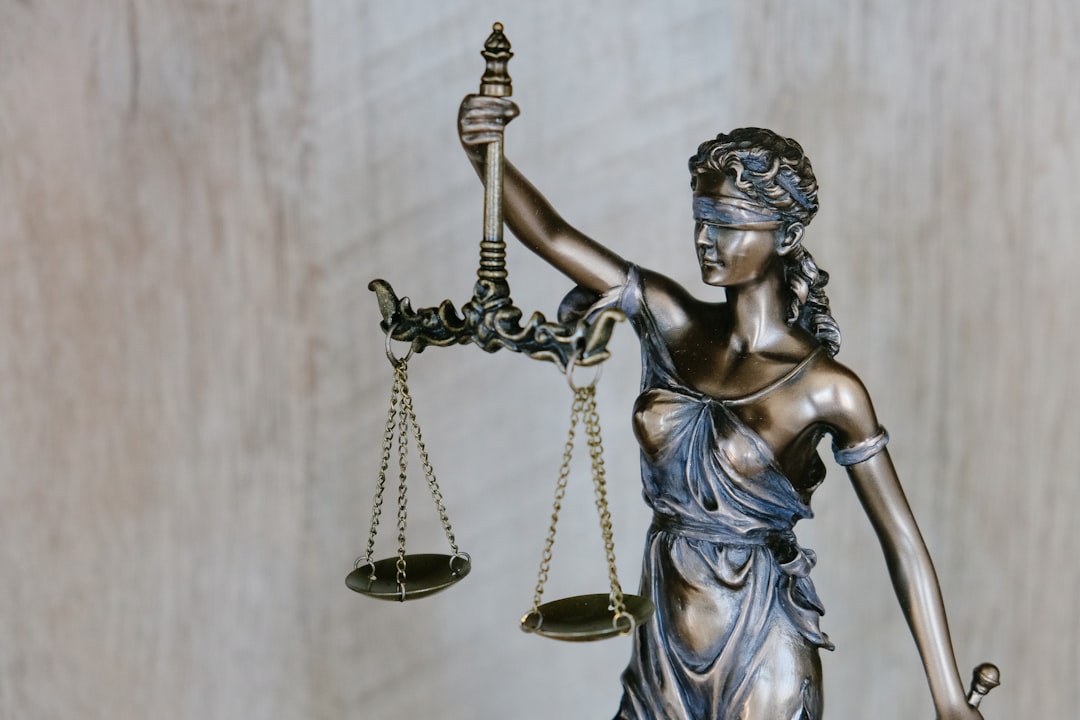Rape lawyers in Philadelphia, PA face unique challenges using social media evidence in trials, balancing admissibility with privacy rights and potential misinterpretation. Strategic utilization of this digital footprint is crucial, especially with expert witnesses addressing complex issues like credibility and reliability, while adhering to legal precedents set by the Fourth Amendment.
In the digital age, social media evidence plays a pivotal role in sexual assault trials, particularly for rape lawyers in Philadelphia, PA. This article delves into the intricate world of using digital clues, exploring legal considerations and admissibility, as well as the ethical dilemmas surrounding expert witnesses. Understanding how posts, messages, and online interactions can be leveraged as evidence is crucial for navigating these complex cases effectively.
Understanding Social Media Evidence in Sexual Assault Cases

In the digital age, social media platforms can provide crucial evidence in sexual assault trials, offering a unique window into the victim’s experiences and interactions leading up to the incident. This evidence can include direct messages, posts, photos, or any online activity that may help establish the circumstances surrounding the assault. A rape lawyer in Philadelphia, PA, should be adept at navigating this digital landscape, understanding how to collect, authenticate, and present social media evidence effectively.
Such evidence can serve multiple purposes: it can corroborate the victim’s account of events, reveal potential motives or intent on the part of the accused, or even demonstrate patterns of behavior that may be relevant to the case. However, it also presents challenges, such as privacy concerns, the risk of misinterpretation, and the need for meticulous handling to ensure its admissibility in court. Lawyers must carefully consider the legal implications and use this evidence strategically to build a compelling case for their clients.
Legal Considerations and Admissibility of Digital Clues

In a sexual assault trial, the admissibility of digital clues found on social media platforms is a complex legal consideration. A rape lawyer in Philadelphia, PA, must navigate the intricate web of privacy laws, the Fourth Amendment, and relevant case law to present this evidence effectively. The unique challenges include establishing the authenticity and relevance of messages, photos, or videos while protecting the defendant’s rights against self-incrimination.
Courts have generally accepted social media posts as admissible evidence, especially when they are directly related to the case and can corroborate or contradict witness testimonies. However, Philadelphia rape lawyers should be prepared to address objections regarding the source’s credibility, the potential for manipulation, and the defendant’s consent or privacy rights. A thorough analysis of the digital footprint left on social media platforms can provide crucial insights, but presenting this evidence requires a delicate balance between proving guilt and upholding legal precedents.
The Role of Expert Witnesses and Ethical Dilemmas

In sexual assault trials, expert witnesses play a pivotal role in presenting complex evidence and explaining its significance to the jury. These experts, often including forensic scientists, psychologists, and digital forensics specialists, are crucial in Philadelphia PA rape cases. They help interpret physical evidence, testify to psychological impacts, and offer insights into the dynamics of such crimes. However, their involvement also raises ethical dilemmas. Defense attorneys may challenge the methods and conclusions of these witnesses, questioning the reliability and validity of the evidence. The credibility of expert testimony is paramount; it must be based on sound scientific principles and thoroughly peer-reviewed methodologies to ensure justice is served without undue influence or bias.
The use of social media evidence further complicates these matters. Posts, messages, and online interactions can be subjective and open to interpretation. Expert witnesses must navigate the legal and ethical terrain of digital footprint analysis, ensuring that any interpretation respects privacy rights while adhering to evidentiary standards. In Philadelphia PA rape trials, the presentation of social media evidence requires a delicate balance—it can provide invaluable context and corroboration but also carries the risk of prejudicing the jury if not handled responsibly by both prosecution and defense.






